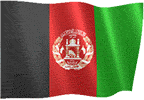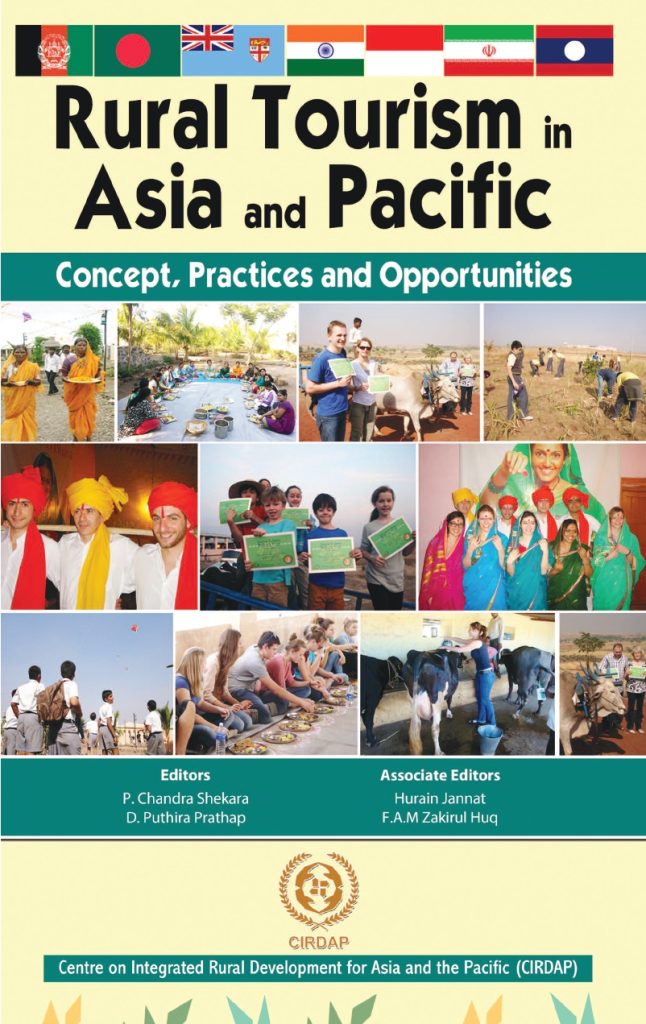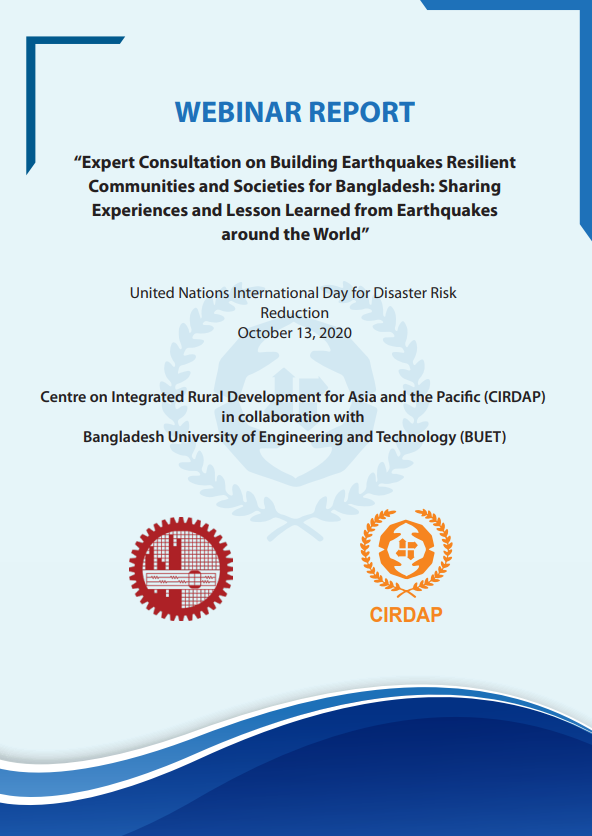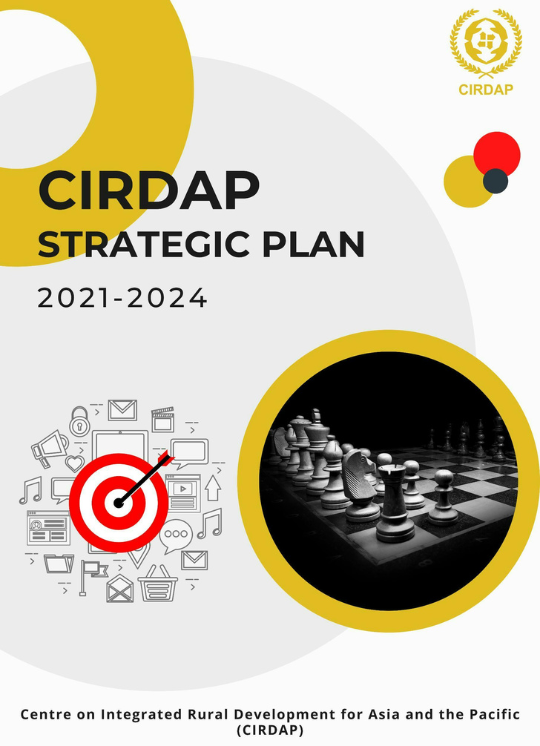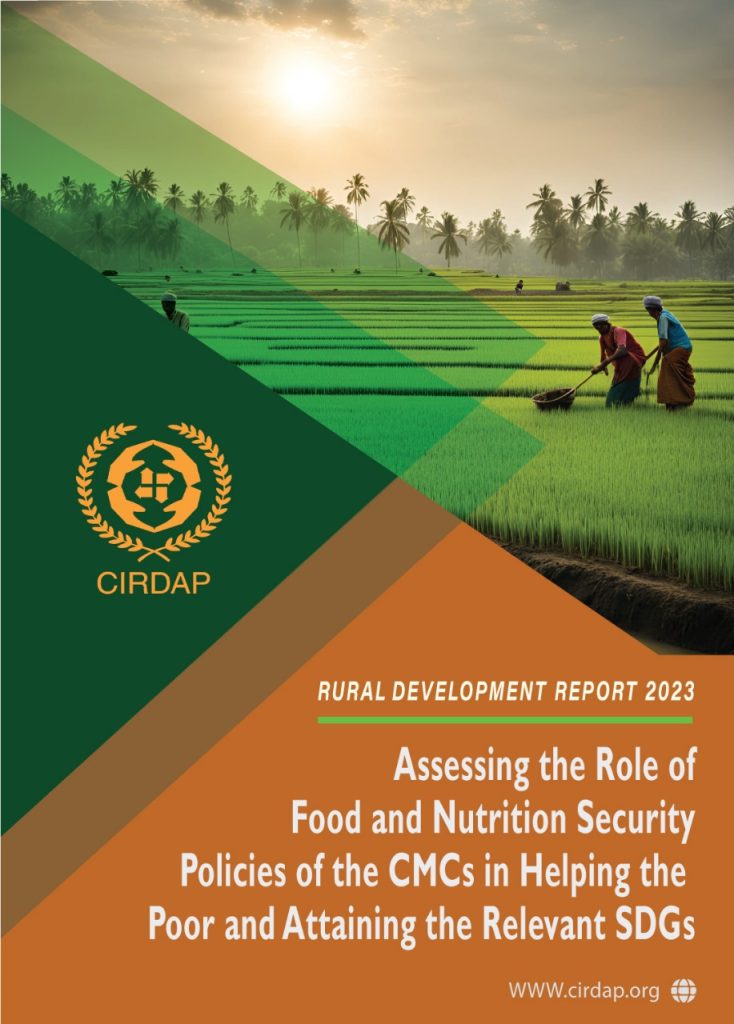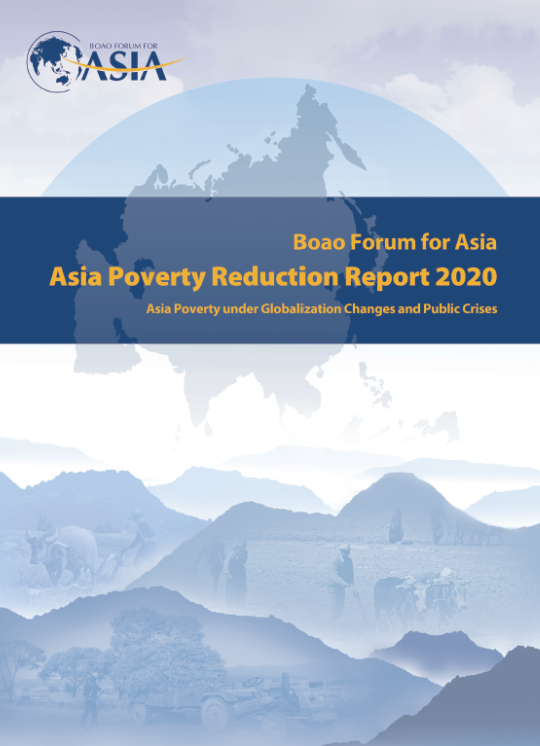Asia Pacific Journal of Rural Development – June 2019 issue Title: Asia Pacific Journal of Rural Development – June 2019 issue Asia-Pacific Journal of Rural Development (APJORD), a bi-annual academic journal, is a flagship publication of CIRDAP. It is devoted to the issues and discussions on rural development, primarily in the Asia-Pacific region. The journal provides a platform for academicians, policymakers, NGOs, research scholars, and other stakeholders interested in Integrated Rural Development (IRD) to exchange and share ideas, opinions, field observations, and empirical findings on various facets of rural development.APJORD focuses on Integrated Rural Development, keeping in view the six programme priorities of CIRDAP. These are: (a) sustainable development and efficient use of natural resources (e.g. land administration andmanagement, waste management and natural resource management); (b) livelihoods (e.g. povertyreduction, economic productivity through technological innovation, upgrading and diversification andrelated policies, skill development, entrepreneurship, access to financial services and sustainable tourism);(c) access to basic services (e.g. food and nutrition security, safe and affordable drinking water andsanitation, health and education, affordable reliable and modern renewable energy, access to information, decent housing, and rural transportation access); (d) climate change (e.g. strengthen resilience andadaptive capacity to climate change, and mitigation of adverse impact); (e) governance (e.g.strengthening local governance and CBO/CSOs, and gender inclusive governance) and (f) management ofrural areas in transition. With this interdisciplinary journal, CIRDAP fulfils its mandate as a service institution to its member countries for promoting sustainable integrated rural development through the dissemination of knowledge and promotion of policy dialogue. Download this book: click here

